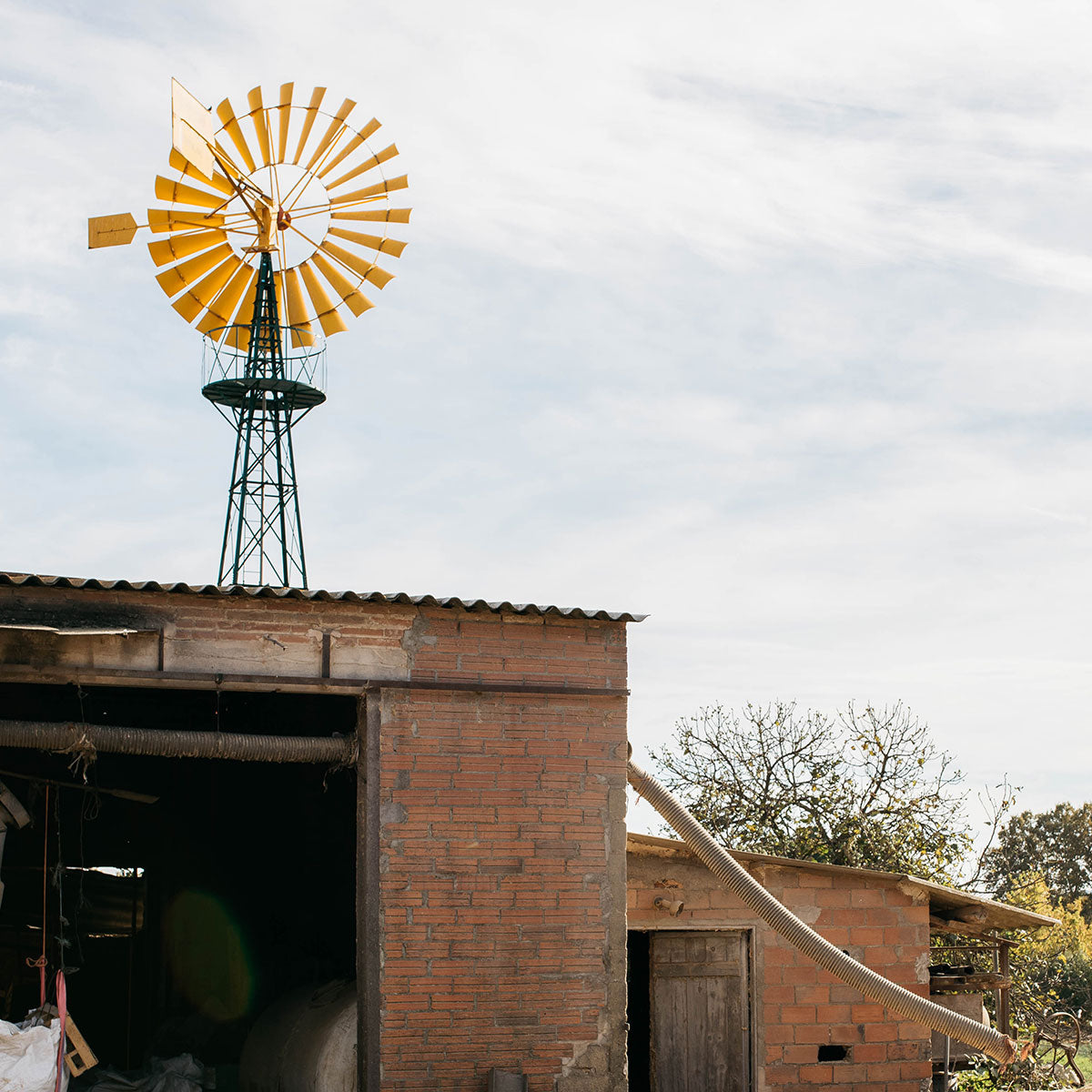
What happens when the simplest, purest, most natural food source undergoes immense genetic manipulation?
A lot happens, some aspects are beneficial to nourishing our growing population, and heavily impacted planet, but most of all, the food itself is a far genetic cry from the original, untouched source. And so begins the story of modern wheat, the most historically significant plant in human history.
Why is wheat hybridized?
Like a select few food crops, wheat is responsible for providing food for a vast percentage of the world’s diet. Wheat is not the top producing crop worldwide; 760.9 million tons of wheat are produced annually, coming in second to corn, at a whopping 1.1 billion tons. It isn’t hard to see that the world heavily relies on wheat as a main food staple, but where did it begin, how did we get here, and what had to be changed to grow that much wheat?
The Earth’s first wheat, einkorn, was cultivated to feed small budding communities, requiring minimal to zero inputs, however producing significantly less in comparison to what modern wheat is capable of. When early humankind began growing einkorn, it was a food source that complimented their hunter gather harvests, providing supplemental nourishment. That is the key…supplemental, not staple!

Fast forward to the beginning of the 20th century, the world population doubled from the previous century, demanding reliable, consistent, high yielding food sources. Wheat stepped into the limelight! With advancements in science, the focus on how to produce greater yields of modern wheat became a global mission. Humanity traded quality and nutrition for quantity, and the US more than tripled wheat production in less than four short decades. Hybridized and cross-bred wheat became the future of our food and the mainstay of millions worldwide, leaving the purest diploid variety of wheat in the dust. The race was on.
Why is einkorn wheat better than common wheat?
The once nutritionally dense, ecology beneficial and globally sound crop, einkorn, was left behind, lost to an era of discovery, science and extreme advancements. Though einkorn yields significantly less than modern wheat, this non-hybridized heritage grain excels where modern wheat fails.
- Einkorn wheat contains 30% more protein than modern wheat and more than any other grain. This unique and highly digestible protein is actually safe for those on restricted gluten diets.*
- It is highly digestible and gut friendly, lending prebiotic rich fiber to assist in overall gut health.
- It lends to maintaining healthy inflammation balance in the body, spurring improvements in proinflammatory cytokines such as TNF alpha and IL-6.
- Einkorn contains more micro elements, such as iron, zinc, polyphenols, manganese, copper, strontium, molybdenum, magnesium, phosphorous and selenium, than modern tetraploid and hexaploid wheats.
- It is especially rich in Lutein, ‘the eye vitamin’. Several lines of einkorn have been shown to contain 3-8 times more lutein than common wheat.
- From an environmental standpoint, einkorn wheat is hardy, drought tolerant, and naturally resistant to pests, making it a naturally sustainable and regenerative food source, unlike it’s modern replacement, requiring vast amounts of chemical inputs and valuable resources.
Conclusion
Given the prevalence of growing concerns for modern diseases such as obesity, diabetes, depression and various cancers, the rush to revive this amazing ancient grain is essential if we are to reframe our current unhealthy relationship our food, especially with modern wheat. This may just be the beginning of einkorn’s second act, but it is significantly impactful on the future of our planet, humanity, and the future of our food.
For more details, please check out our White Paper, Einkorn Explained: The Healthy Alternative to Modern Wheat.
*Celiac Advisory: Are you diagnosed with celiac disease? While we are required to recommend you avoid all wheat, research indicates that modern wheat is an important factor in celiac development.
